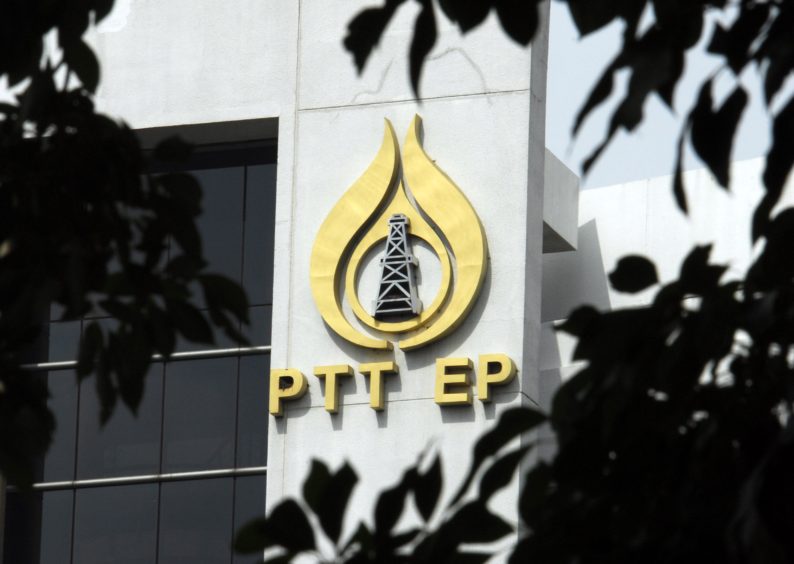
Natural gas and liquefied natural gas (LNG) will remain highly important to Thailand’s power sector and as a bridging fuel during the Southeast Asian nation’s energy transition, Auttapol Rerkpiboon, chief executive of state-backed Thai energy company PTT, told the Future Energy Asia conference today.
Thailand imported 5.5 million tonnes of LNG in 2020, but demand is set to surge over the coming decade as the country’s domestic natural gas production falls and power demand continues to expand.
Given Thailand’s rising demand for LNG and its strategic location near to emerging LNG demand centres in Southeast Asia, as well the world’s largest LNG buyers in China and Japan, Thailand could emerge as a regional LNG trading hub, said Rerkpiboon. Indeed, PTT shipped its first LNG reload export cargo earlier this year.
PTT has developed significant LNG import infrastructure in Thailand. By 2022, LNG import capacity will hit 19 million tonnes per year (t/y), up from 11.5 million t/y now.
Southeast Asia is expected to be a key engine of growth for the global LNG market with the region forecast to consume 83 million t/y by 2040.
Thailand has set a net-zero ambition by 2065-2070 and is investing heavily in renewable energy and energy storage solutions, as well as boosting its LNG import capacity, to help with its energy transition.
PTTEP eyes net zero
State-backed Thai upstream player, PTT Exploration and Production (PTTEP), is planning to set a net-zero target, Phongsthorn Thavisin, chief executive of PTTEP, told the virtual conference hosted by Thailand.
Thavisin said PTTEP needs to reshape its business strategy to start reducing its carbon footprint across its core exploration and production business. He said carbon capture, utilisation and storage (CCUS) would help make the upstream business more sustainable and help cut emissions.
